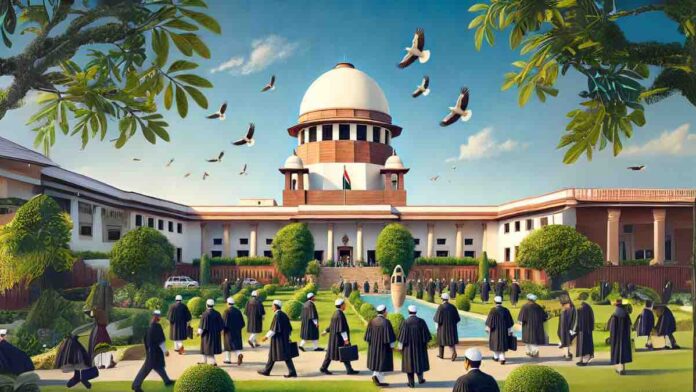In a significant ruling, the Supreme Court of India set aside various High Court judgments that had quashed First Information Reports (FIRs) and criminal proceedings against several borrowers whose accounts had been declared fraudulent by banks. The Court held that the annulment of administrative actions by banks for non-adherence to principles of natural justice does
To Read More Please Subscribe to VIP Membership for Unlimited Access to All the Articles, Download Available Copies of Judgments/Order, Acess to Central/State Bare Acts, Advertisement Free Content, Access to More than 4000 Legal Drafts( Readymade Editable Formats of Suits, Petitions, Writs, Legal Notices, Divorce Petitions, 138 Notices, Bail Applications etc.) in Hindi and English.




